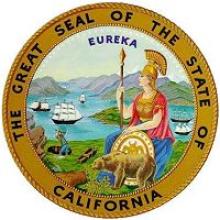California Lawmakers Ease the Rules for Rural Munis
Shortly after Republican FCC Commissioners repealed federal network neutrality protections late in 2017, state lawmakers began introducing legislation to protect their constituents. California’s AB 1999, introduced as one possible antidote to the FCC failure in judgment, passed the General Assembly on August 29th and is on its way to Governor Jerry Brown.
Read the final version of the bill and the Legislative Counsel Digest here.
Let the People Serve the People
As local communities have investigated ways to protect themselves from throttling, paid prioritization, and other activities no longer banned, they’ve looked at investing in publicly owned infrastructure. Rural communities where national Internet service providers are less motivated to deploy have always struggled to attract investment from the same large companies known to violate network neutrality tenets. Assembly Member Ed Chau’s AB 1999 addresses rural communities’ need for better connectivity, solutions that can preserve network neutrality, and challenges in funding broadband infrastructure.
California’s community service districts (CSDs) are independent local governments created by folks in unincorporated areas. CDSs provide services that would otherwise be provided by a municipality. Residents usually join together to form a CSD and do so to establish services such as water and wastewater management, garbage collection, fire protection, or similar services. A CSD also has the ability to create an enhanced infrastructure financing district (EIFD) in order to finance the development of a broadband network.
The EIFD statute granting the authority allows communities, including CSDs, to join together regional projects for a range of financing purposes. Tax Increment Financing (TIF) and various bonding mechanisms are a few examples.



